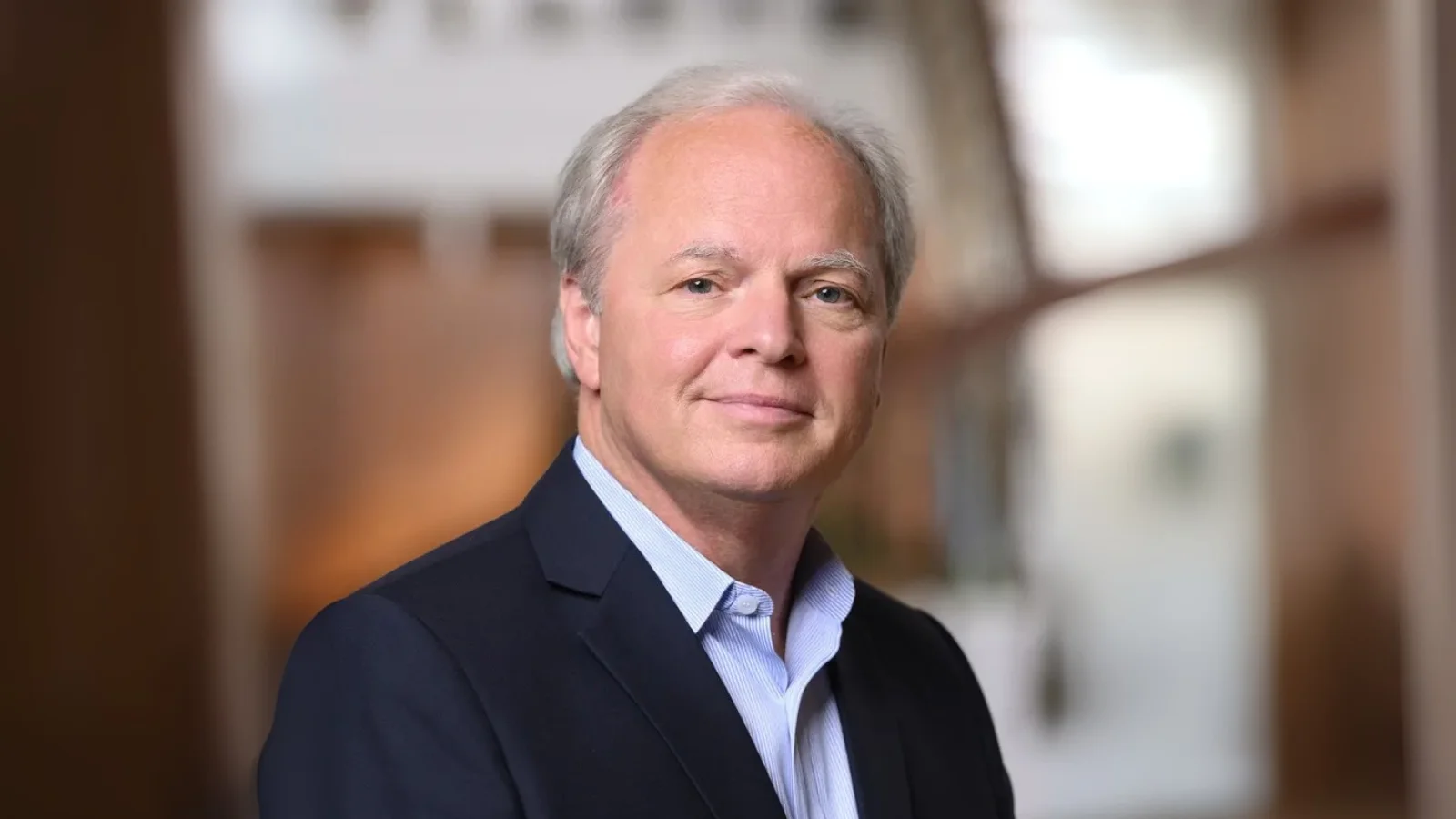After graduating from the University of Kelaniya with a Bachelor of Arts in English and Literature, Tharuvi Nanayakkarawasam hoped to begin her career in the corporate sector. “I wanted to enter the corporate world and slowly climb the ladder,” she said.
Many young people in Sri Lanka share similar ambitions as they finish their studies and seek employment. However, finding a job remains a challenge for many graduates. The World Bank estimates that nearly one million young people will join Sri Lanka’s workforce over the next decade, but only about 300,000 new jobs are expected to be created during this period.
There is also a gap between the skills employers need and those possessed by many job seekers, particularly in sectors such as tourism, healthcare, research, and information and communications technology. These industries offer significant opportunities for employment and higher salaries.
In 2022, just 23 percent of college-age Sri Lankans were enrolled in university programs that develop language skills, critical thinking, and other abilities valued by employers. Enrollment in science, technology, engineering, and mathematics (STEM) fields remains low; in 2019 only one-third of university students pursued STEM degrees. Of these students, just 27 percent were women, with more than half choosing biological sciences rather than math, engineering or biotechnology.
Female graduates often study humanities or arts subjects and may face additional barriers when competing for certain jobs. Tharuvi noted: “When you're from the Faculty of Humanities there's this misconception that you won't be well equipped with technology or the needs that are required by the corporate world or the academia.”
To address these challenges, reforms have been introduced to improve Sri Lanka’s higher education system. The AHEAD program was launched in 2017 with support from the World Bank to strengthen higher education by making degree programs more relevant to economic development needs. Its three-part strategy focused on increasing enrollment in key disciplines for economic growth, improving quality to better match labor market demands, and encouraging innovation through partnerships between universities and industry.
A comprehensive Higher Education Development Program began in 2016 to boost enrollment in priority STEM areas and make these courses more accessible—including for arts and humanities students who are often women. With support from AHEAD, STEM enrollment increased by an average of 10 percent each year between 2017 and 2023—from 42,279 students to 69,029 students.
Universities located far from major cities also saw significant gains as STEM faculties built new facilities or upgraded existing ones. At Uva Wellassa University—a campus in one of Sri Lanka's least developed provinces—enrollment more than doubled after advanced laboratories were established using AHEAD funding.
The government also introduced competitive scholarships enabling nearly 200 young academics to pursue postgraduate degrees abroad. One beneficiary was Choshani Dalukdeniya who returned to Sabaragamuwa University after completing her PhD at the University of Reading in the United Kingdom. She said: “I hope to conduct large-scale research on improving children’s health and nutrition through gut-microbiota-based interventions.”
Students gained further opportunities through IT training designed to help them acquire skills needed for today’s workplace—even those studying traditional humanities subjects. Tharuvi took part in an "ICT for the World of Work" course which helped her secure a position as a science course demonstrator at her university’s Department of Industrial Management.
“My training helped me to interact with people professionally, whether it's my presentation skills or whether it's my soft skills handling other people. It helped me to make my work more efficient,” Tharuvi said. “I feel when you follow courses like this, it makes you more confident and way more versatile in whatever arena you choose. It helps you to climb the ladder in a more confident way.”

